Social senses in the training of industrial designers
First stage of theoretical inquiry
DOI:
https://doi.org/10.35305/23626097v8i15.327Keywords:
industrial design, ethnography, social dimension, pedagogical practiceAbstract
This paper proposes to communicate initial theoretical advances of the research project entitled: The social sense in the pedagogical work of the final project in the industrial design careers registered in the DISUR network. It is developed within the institutional framework of the Doctorate in Social Studies of Latin America (DESAL) of the Center for Advanced Studies (CEA) of the Faculty of Social Sciences (FCS) of the National University of Córdoba (UNC). The leading general objective is to research the social meanings that students and teachers of industrial design build out of the work developed in the final project required for the undergraduate degree enrolled in the network of Design Careers of Public Universities of Latin America (DISUR). First, the potential of a socio-anthropological framework will be addressed, and then, the social dimension will be approached considering the theoretical perspectives that allow the building of the research object.
Downloads
Metrics
References
Batallán, G. y Neufeld M. R. (2018). Presentación. Cuadernos de Antropología Social N° 47. Número especial dedicado a Antropología y Educación (p.7-19) Recuperado de http://revistascientificas.filo.uba.ar/index.php/CAS/article/view/4944/4462
Bernstein, B. (1985). Clasificación y enmarcación del conocimiento educativo. En Revista Colombiana de Educación, Nº 15/85, Universidad Pedagógica Nacional de Colombia.
Bernstein, B. (1997). La estructura del discurso pedagógico. Clases, códigos y control. Volumen IV Madrid España: Ediciones Morata, S.L.
Bernstein, B. (1998). Pedagogía, control simbólico e identidad. Teoría investigación y crítica. Madrid España: Ediciones Morata, S.L.
Bernstein, B. y Cox, D. C. (1988). Poder, educación y conciencia: Sociología de la transmisión cultural. Santiago de Chile, Chile: Centro de Investigación y Desarrollo de la Educación (CIDE).
De Alba, A. (2006). Currículum: Crisis, Mito y Perspectivas. Buenos Aires, Argentina: Miño y Dávila editores.
Dewey, J. (1993). Lógica: teoría de la investigación. México. Buenos Aires. Fondo de Cultura Económica.
Geertz, C. (2003) La interpretación de las culturas Barcelona, España: Gedisa Editorial.
Heller, A. (1977). La sociología de la vida cotidiana. Recuperado de www.https://elsudamericano.wordpress.com
Perrenoud, P. (2007). Diez nuevas competencias para enseñar. Invitación al viaje. México: Graõ, Colofón.
Perrenoud, P. (2017). Desarrollar la práctica reflexiva en el oficio de enseñar. Profesionalización y razón pedagógica. México: Editorial Colección Critica y fundamentos.
Rockwell, E. (1994) La etnografía como conocimiento local. En Rueda Beltrán, Ballesteros y Jacobo Coord. La etnografía en educación. (p.p.55-72) México: Centro de Investigaciones y Servicios Educativos-UNAM.
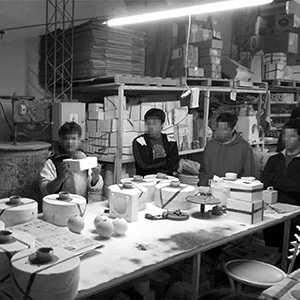
Published
How to Cite
Issue
Section
License
Open access policy
A&P Continuidad is a non-profit and open access publication. According to Mexico Declaration on Cultural Policies, the journal distribution is submitted to Creative Commons Attribution-Noncommercial-ShareAlike 4.0 International Public License (CC BY-NC-SA). “Neither the commercial use of the original work nor that of the possible derivative works are allowed. The distribution of derivative works should be submitted to the license regulating the original work. This license is not free.”
A&P Continuidad authorizes the partial or full reproduction of texts and graphs provided that the source is cited. Authors are exclusively responsible for the criteria expressed in the articles which do not necessarily reflect the opinion of the Editorial Committee or that of the Direction Board. The copyright of the published articles pertains to their authors or publishers.
Transfer of rights
The acceptance of an article to be published implies the author’s transfer of rights to the journal. Authors continue to have the right to use the material in future books or publications, approve or veto the republication of their works as well as the rights related to patents or other rights. Transfer of rights form may be downloaded here.



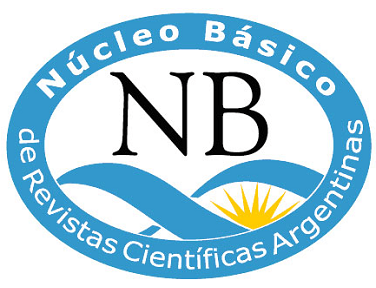






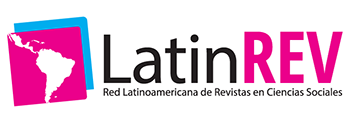

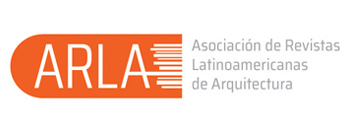
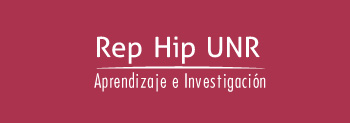












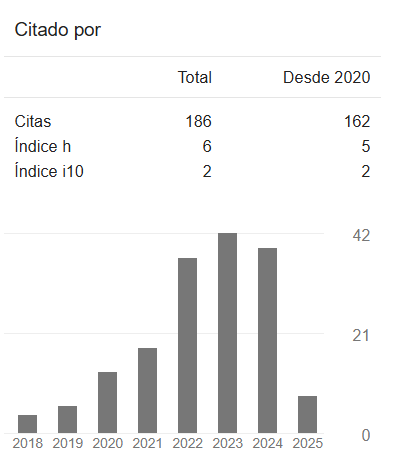


 This OJS site and its metadata are under a
This OJS site and its metadata are under a 

